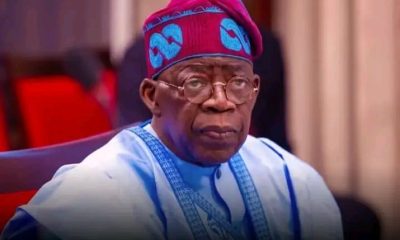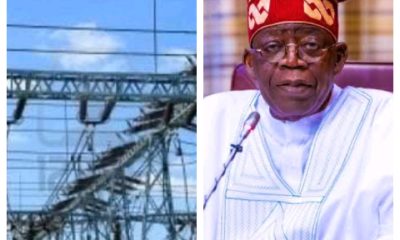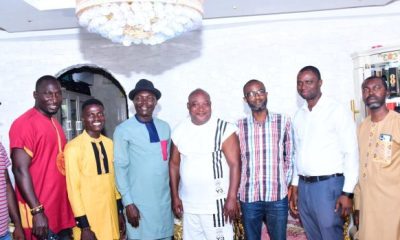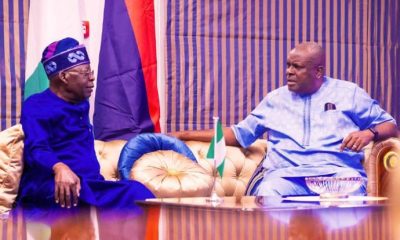Breaking
Lagos-Calabar Coastal Highway Contract Awarded To Hitech Construction Company – FG.
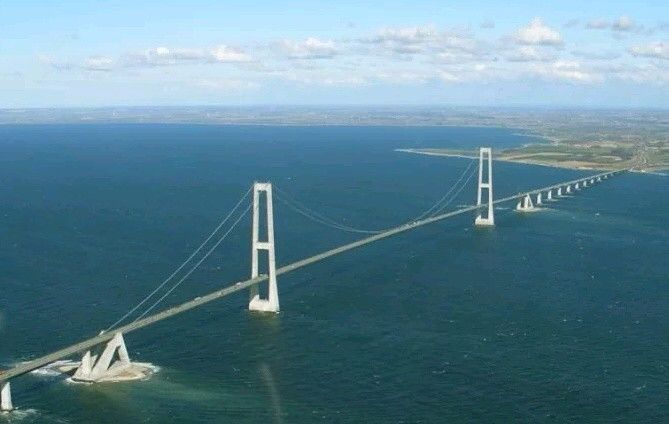
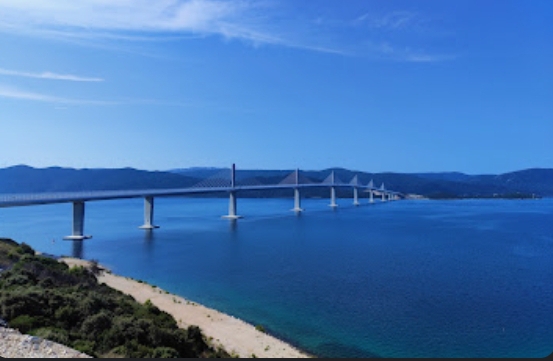
By Anthony Beauty
Lagos – The award of the Lagos-Calabar Coastal Highway construction contract has been granted to Hitech Road Construction Company by the Federal Government. The Minister of Works, Dave Umahi, made the announcement during a meeting held in Lagos with engineers from the Federal Ministry of Works and the contractor’s team.
Umahi highlighted that this project, aimed at improving national connectivity, aligns with President Bola Tinubu’s dedication to Nigeria’s restoration and rapid development. “President Tinubu is eager to fast-track the project’s commencement as part of his nation-improvement initiatives.” Umahi stressed.
The minister revealed that this initial meeting marked the first step, with another meeting scheduled in two weeks to finalize construction agreements. The project will be executed as a Public Private Partnership and will include tolls upon completion, with funding already secured by the contractor.
Phased Construction, Rail Integration, and Tolling Strategy.
Umahi outlined the project’s phased construction approach, including rail integration and toll collection strategy on every completed sections. The highway will link the Lagos-Badagry Expressway Superhighway, the Fourth Mainland Bridge, Lekki Deep Sea Port Road, and connect various points in Northern Nigeria via Ogoja-Ikom.
This highway will serve as a crucial link between South West, South East, the Niger Delta Coast of the South-South, and other regions, integrating with existing federal roads to promote economic and social development across the country.
The Lagos-Calabar Coastal Highway will begin at Victoria Island near Eko Atlantic City, pass through the Lekki Coastal Road, Lekki Free Trade Zone, and the Dangote Refinery. It will connect Ogun, Ondo, Delta, Edo, Bayelsa, Rivers, Aqua-Ibom, and reach Calabar, with careful consideration for environmental and safety factors, particularly in oil-producing areas
The proposed project, spanning roughly 650 to 700 kilometers in its initial design, is set to incorporate rail lines running within the central lanes of the primary roadways.
Governor Umahi disclosed that this endeavor aims to invigorate the tourism sector and introduce industrial hubs encompassing hotels, factories, residential complexes, and various essential amenities.
The minister underscored the pioneering utilization of 11-inch-thick concrete roadways reinforced with 20-millimeter materials. This approach will promote local cement production, enhance steel manufacturing capabilities in Ajaokuta, and harness Nigeria’s abundant bitumen resources
In his words:
- “It is quite innovative and the giant of Africa is beginning to show her prowess and this is being revitalized by the captain of the ship, his excellency President Bola Tinubu.
- “So, this is beautiful. Another good news is that this is going to be built on a concrete road of 11 inches thick with 20-millimeter reinforcement.”
Minister Umahi further acknowledged that the project would face difficulties as it traverses mangroves, marshy regions, flood plains, and diverse soil compositions. Consequently, a blend of construction techniques, such as pile-supported decks, sand filling, and retaining walls, will be utilized to overcome these challenges.
In Umahi words:
“And so, there will be a combination of all kinds of construction methods, the deck on pile would be there, the sand filling would be there, the retaining walls would be there.
“So, it’s a very ambitious project, quite technical and highly rewarding.”
The second meeting, scheduled in two weeks, will focus on the business case study, allowing the project to progress to the design phase. Umahi noted that the Lagos-Calabar Coastal Highway is a groundbreaking project, the first of its kind in Africa.
“So, the second meeting will come up in two weeks where the business case study will be exposed to us, and we will give them a letter to own the project and then to engage in the design.
“The Lagos-Port Harcourt-Calabar Coastal Highway is the first of its kind in the whole of Africa,”

The Significance and Environmental Aspects of the Lagos-Calabar Coastal Highway Project.
Nicholas Rizk, the consultant representing Hitech Construction Company, underscored the appropriateness of the chosen construction techniques for a country as vast as Nigeria.
He stressed the project’s far-reaching impact, spanning various geographical terrains and delivering substantial benefits to nine states along its course.
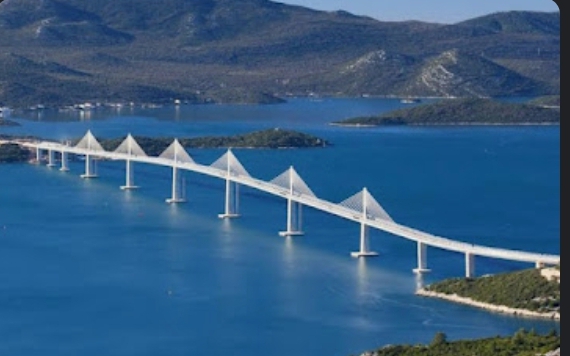
This highway, when completed, will forge critical connections at both national and international scales, serving as an essential conduit linking the South West, South East, South-South, Niger Delta, and other regions.
Moreover, it will seamlessly integrate with the existing federal road network, fostering economic and social progress throughout the nation
In Rizk’s words: “We are connecting nine states and this road.
“In addition to the integration at the national level for Southwest and Southeast, South-South and Niger Delta, it connects with the Federal Roads going from Lagos to Sokoto.
“From Warri to Kaduna, from Port Harcourt to Kano-Maiduguri, and from Calabar to Maiduguri.
“So as the Minister mentioned, we have this coastal highway that is more or less 10 to 12 kilometres away from the shorelines to consider the issue of erosion and the sensitive environmental areas.”
Lagos-Calabar Coastal Highway, as explained by Rizk, commences from Victoria Island near Eko Atlantic City and traverses through key points such as the Lekki Coastal Road, Lekki Free Trade Zone, and the Dangote Refinery. It ultimately links Ogun, Ondo, Delta, Edo, and culminates in Calabar. Additionally, Rizk outlined the project’s careful consideration of health, safety, and environmental concerns, with a special focus on regions involved in oil production.
IduwiniVoice recall that the Coastal Highway Project received traction over ten years ago when the Niger Delta Development Commission NDDC embarked on and completed the Survey, and submitted the report to the Jonathan Administration, whose sketchy moves to concession the project to a consortium Chinese firms fisseled away with the change of regime.
It remains to be seen if the Tinubu Administration can muster an inroad into arguably one of the largest construction ventures across Africa.
Breaking
International: Iran Confirms Death of Supreme Leader Ayatollah Ali Khamenei After US-Israeli Strikes — 40-Day National Mourning Declared
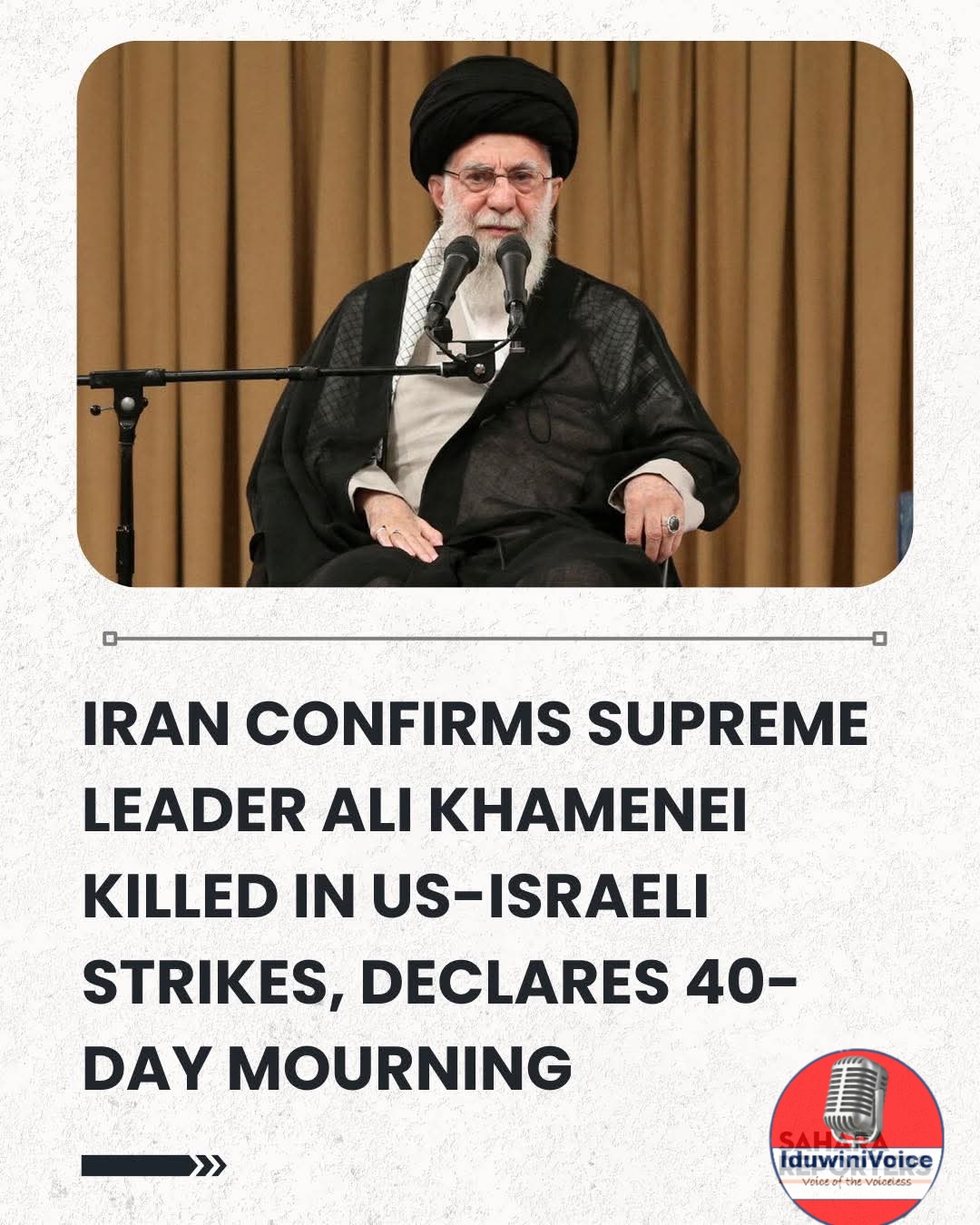
By Favour Bibaikefie, International Affairs Correspondent
Tehran — In an unprecedented escalation of Middle East tensions, Iran’s state media has confirmed that Supreme Leader Ali Khamenei has been killed following coordinated military strikes by the United States and Israel, the government announced late Saturday.
In a statement broadcast on state television, Iranian authorities declared a 40-day period of mourning and seven days of public holiday across the Islamic Republic in memory of the 86-year-old cleric, who had led Iran since 1989.
The announcement confirmed reports from earlier in the day by U.S. and Israeli officials that Khamenei had been killed during a major offensive dubbed “Operation Epic Fury” — a series of air and missile strikes targeting regime leadership and strategic sites across Iran.
President Donald Trump, in a social media post, hailed Khamenei’s death as a significant blow to the Iranian regime, describing him as one of “the most evil people in history.” Israeli Prime Minister Benjamin Netanyahu also said there were strong indications that the cleric was “no longer alive” after his compound in Tehran was hit during the attack.
Iranian state media further reported that several members of Khamenei’s immediate family, including a daughter, son-in-law and a grandchild, were killed in the same strike. Tehran’s Supreme National Security Council labelled the attack an “act of aggression” and vowed to hold the United States and Israel accountable.
The death of Iran’s supreme leader — who wielded ultimate authority over the country’s military, judiciary and all branches of government — has triggered widespread uncertainty about the future leadership of the Islamic Republic and heightened fears of broader regional conflict.
The strikes have already prompted retaliatory actions from Iranian forces, with explosions reported across several Middle East countries. International capitals are watching developments closely as responses from neighbouring states and global powers continue to unfold.
Breaking
Dangote Signs $400m Equipment Deal to Accelerate Refinery Expansion
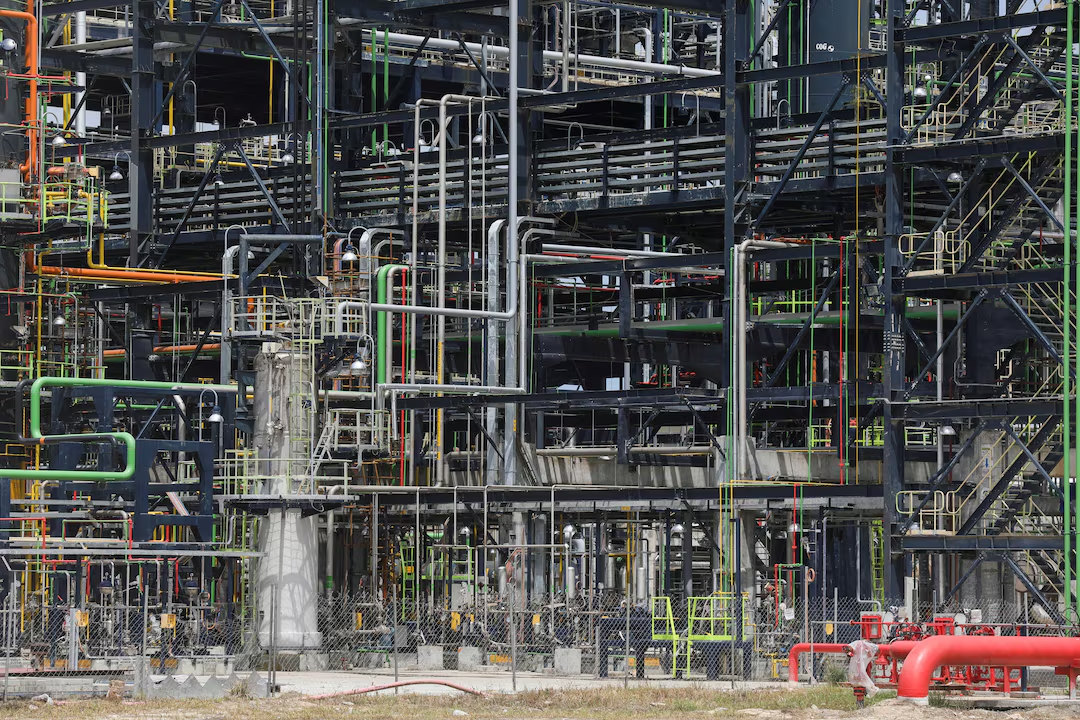
By Favour Bibaikefie
LAGOS — Nigeria’s Dangote Group has signed a $400 million equipment agreement with China’s Xuzhou Construction Machinery Group (XCMG) to accelerate the expansion of its oil refinery, reinforcing efforts to boost domestic refining capacity and industrial development.
The company disclosed on Tuesday that the newly acquired equipment will support ongoing projects across its refining, petrochemical, agricultural, and infrastructure operations. The strategic investment is part of Dangote Group’s broader plan to scale up the refinery’s output toward a projected capacity of 1.4 million barrels per day.
Industry analysts say the expansion represents a significant milestone in Nigeria’s drive to reduce dependence on imported petroleum products while strengthening local production and economic growth.
The Dangote Refinery, regarded as one of Africa’s largest industrial projects, is expected to enhance fuel availability, stimulate job creation, and position Nigeria as a key exporter of refined petroleum products in the global energy market.
Breaking
Agbor Makes List as PDP Appoints Caretaker Committees for Osun, Enugu, Imo, Rivers and Delta States
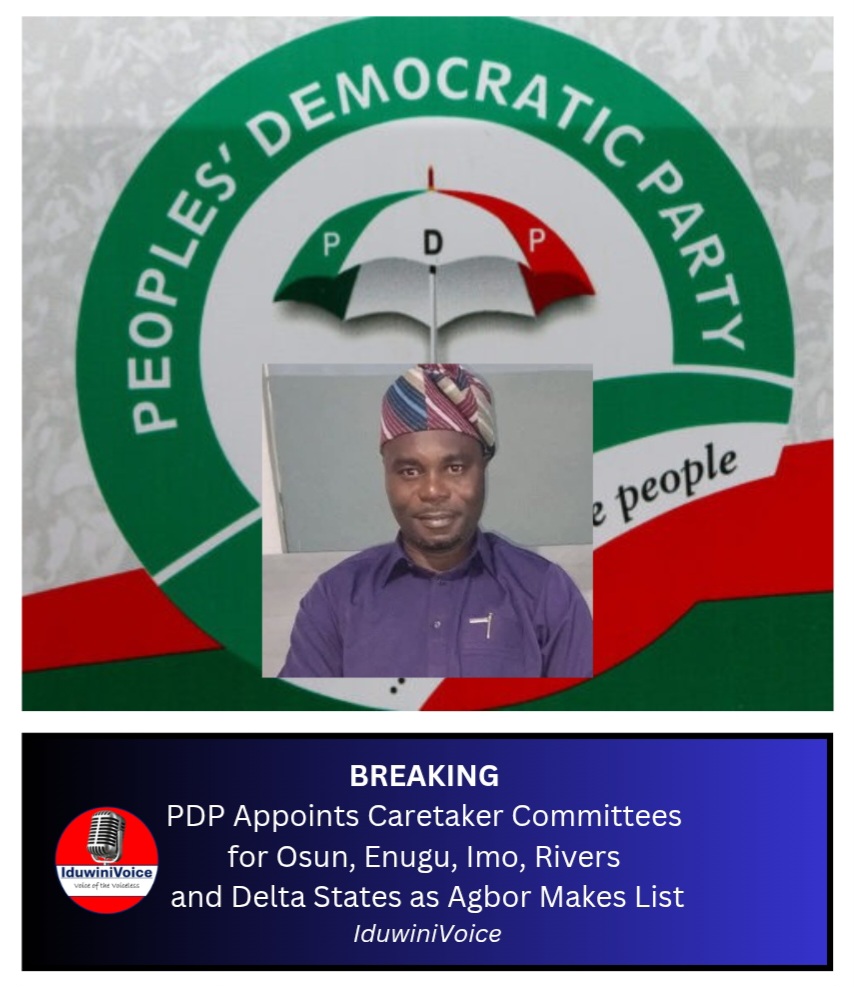
By: Divine Perezide
The National Working Committee (NWC) of the Peoples Democratic Party (PDP) has approved new caretaker committees to oversee the affairs of the party in five states, pending the inauguration of fresh executive structures.
In a public notice dated January 15, 2026, and signed by the National Organising Secretary, Hon. Theophilus Dakas Shan, the NWC said the decision was taken on behalf of the National Executive Committee (NEC) and in line with constitutional provisions. According to the statement, the appointments were made “pursuant to Section 29(2)(b) of our Constitution (2025 as amended).”
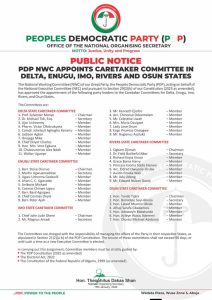
State Committees Announced
For Delta State, the committee is headed by Prof. Sylvester Monye as Chairman, with Dr. Michael Tidi, Esq. serving as Secretary. They will be supported by 16 other members including Ujor Ucheonny, Pharm. Victor Ofobrukuta, Comdr. Johnbull Aghogho Kenairu, Chief Ekiyor Charles, and Hon. Mrs. Vero Egbuna, among others.
In Enugu State, Barr. Steve Oruruo was appointed Chairman, while Martin Ugwuamaideze was named Secretary. The committee includes seven additional members such as Ugwu Uchenna Godswill, Lilian C.E. Ugwuoke, and Chief Cosmas Onyia.
The Imo State Caretaker Committee is comparatively lean, with Chief John Jude Okere as Chairman and Mr. Magnus Amadi as Secretary.
For Rivers State, Ogbam Ojimah was named Chairman, with Dr. Field Baribeful Nkor appointed as Secretary. Other members include Richard Enyia Victor, Grace Boma Harry, Princess Isoma Stella Elenwa, and Austin Emeka Wali.
In Osun State, Hon. Tunde Tijani leads the committee, with Hon. Bamidele Seyi-Abiola serving as Secretary. Five additional members were listed, including Hon. Lateef Mumini Obidel and Alhaji Sarafa Gbadeamosi.
Mandate and Tenure
The PDP clarified that the committees are mandated to “manage the affairs of the Party in their respective States, as stipulated in Section 21(2)(a-b) of the PDP Constitution.” The party further noted that the duration of the committees “shall not exceed 90 days, or until such a time as a new Executive Committee is elected.”
Members were also advised to conduct their activities in compliance with the PDP Constitution (2025 as amended), the Electoral Act 2022, and the Nigerian Constitution (1999 as amended).
Meanwhile, the notice closed with the party’s slogan, “PDP, Power to the People,” indicating continuity of its internal restructuring ahead of future political engagements.



